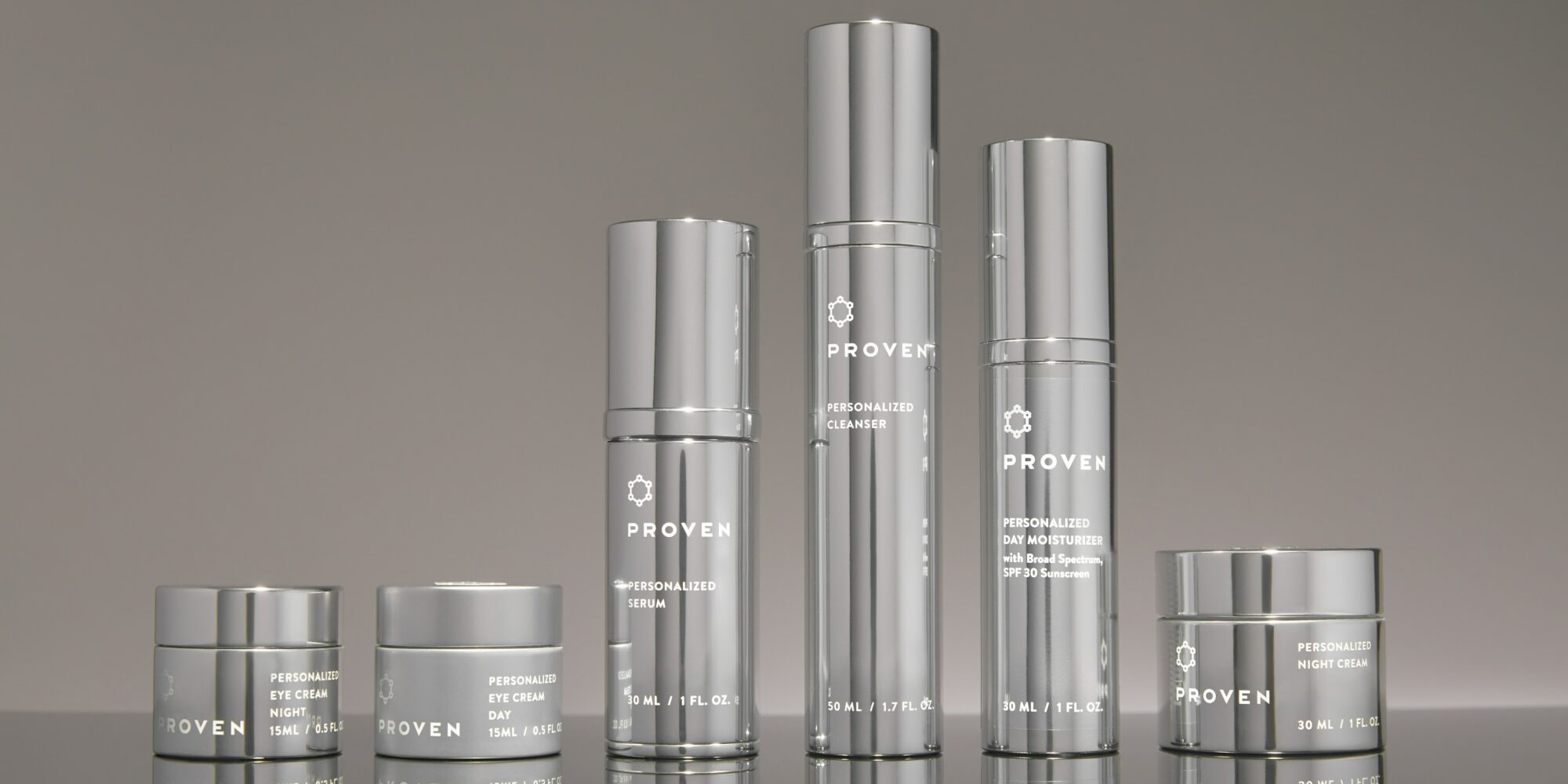
Proven Group Appoints New President, Looks To Expand Distribution
Marc Chapman, former COO of Symphony Commerce and Minted, has become president of Proven Group, where he’s working to optimize the Proven and Noteworthy Scents owner’s e-commerce business and expand it beyond e-commerce.
Chapman takes over duties previously held by Luke Weston, who shared the CEO title with Proven Group co-founder Ming Zhao. Weston, former chief digital officer of L’Oréal’s luxe division and chief revenue officer of Function of Beauty, has become CEO of LUS Brands. Weston and Ashley Boyce, CMO of Proven Group, founded Noteworthy in 2021, and Proven Group acquired the fragrance customization brand in 2022 for $650,000.
Chapman’s new role comes as a few beauty customization concepts that launched roughly seven years ago and amassed substantial capital are figuring out their next steps. They include Proven, which closed a $12.2 million series A round in 2023 after raising $9 million in previous rounds, Prose, which has pulled in $25 million in total investment, and Function of Beauty, which is estimated to have drawn just under $250 million in funding.
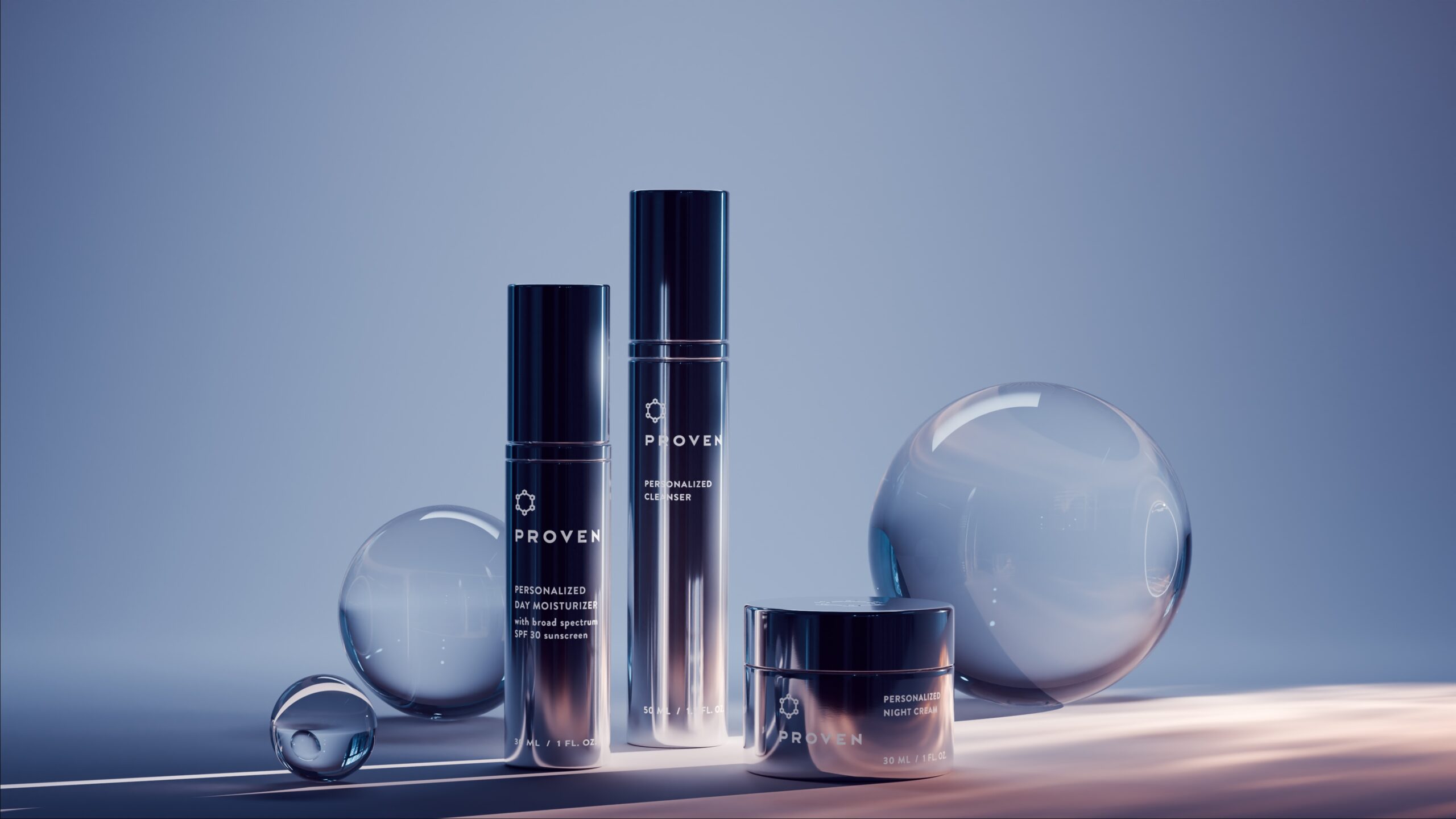
In 2021, Proven Group initiated a regulation A+ offering, a tactic allowed by the United States Securities and Exchange Commission to facilitate capital raises for smaller businesses, and it’s accumulated gross proceeds of almost $2.7 million from it as of March 2024, according to its most recent annual report filed with the SEC. The company has 32 full-time employees.
Since Proven started customizing skincare, Chapman says, “The awareness has definitely grown, but we still have an enormous amount of customers that are not aware of it yet. Our job as a company is, how do we market that product? What I can tell you is that, when someone really understands the benefits of the personalization nature of our product, they become very sticky.”
“When someone really understands the benefits of the personalization nature of our product, they become very sticky.”
Proven’s artificial intelligence-powered algorithm based on an online questionnaire and insights from what it calls the Skin Genome Project recommends customized skincare systems consisting of a cleanser, moisturizer and night cream priced at $99 for an initial order and $129.99 for follow-up orders. The Skin Genome Project contains information on over 20,000 skincare ingredients, 20 million testimonials and 4,000 scientific publications. Proven holds two patents related to its questionnaire and product recommendation methods. Noteworthy’s questionnaire directs consumers to a $24.99 discovery set with four custom scents.
Chapman has been digging into Proven Group’s website and its marketing and advertising mix across platforms such as Instagram, Facebook and TikTok to determine the best strategies for them. He mentions that, on average, Proven retains customers for four-plus years. Chapman says, “When we acquire a customer, we feel really good about the acquisition dollars we spend to acquire them because we know they’re going to stay.”
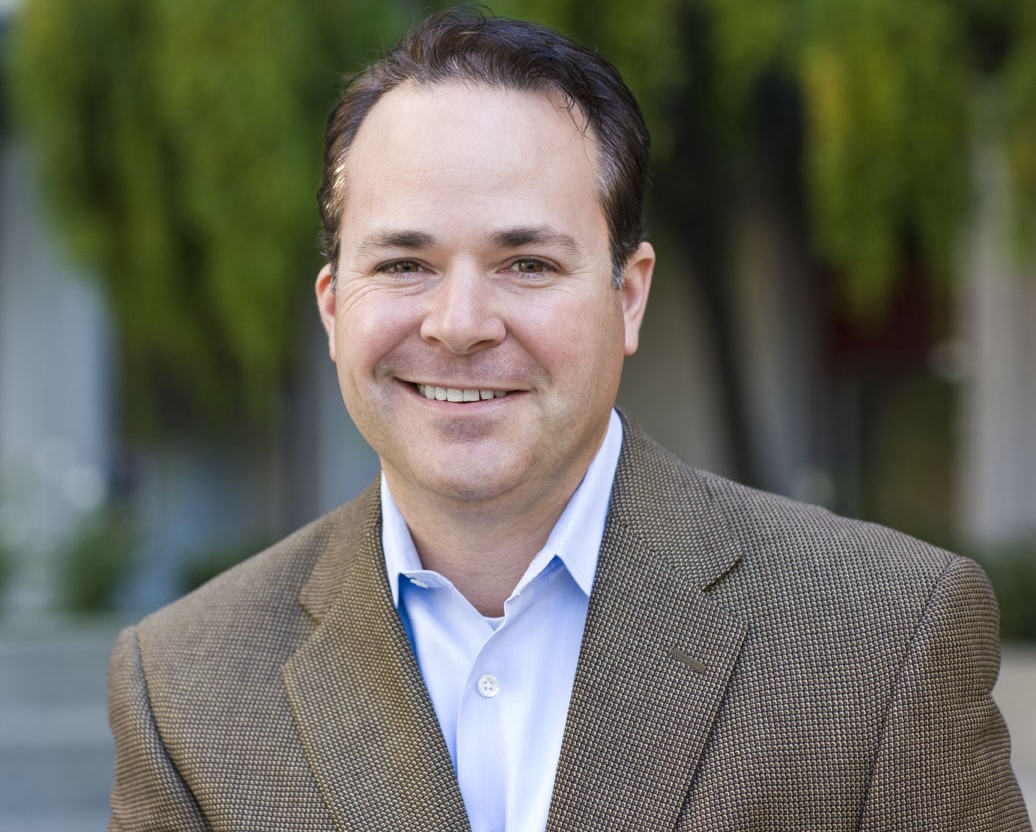
To acquire customers in channels it’s not currently in, Proven Group is exploring distribution possibilities at retailers, spas and digital marketplaces. Marking its retail debut, Proven entered 10 Sephora locations last year with video displays, where shoppers could take its online quiz to receive customized skincare. Chapman says the brand subsequently decided to end its partnership with Sephora to fine-tune its retail proposition. Proven was in Sephora Accelerate’s 2018 class.
At Sephora, Chapman divulges, “What we found is, in the retail environment, even when customers were pulling out the quiz online, they still had questions that they’d like to ask, and they wanted more sampling of the products in-store, which they’re used to in the environment like Sephora. Some of the locations where we actually had staff on site, they did really, really well, and customers converted at a high level.”
“We are profitable enough to invest in growth areas right now without needing to go raise funding.”
In the future, informed by the Skin Genome Project, he adds, “I wouldn’t be surprised if we had a set of products that we’re targeting specific skin types of issues in our retail as opposed to a one-size-fits-all sort of formula. When you order on our website and you go through the full custom quiz and it’s unique to you, we will address multiple types of skin issues in that product, where, in the retail location, there’s most likely an opportunity for us to sell products that address a specific issue like acne or pigmentation.”
For the 12 months ended Dec. 31 last year, Proven generated $37 million in sales, up from nearly $33.4 million in the same period last year. It achieved a gross margin of 85.9% in 2023 versus 78.3% in 2022 and had a loss of $6.8 million compared to a loss of almost $7 million a year ago. Proven attributes the gross margin bump to operational improvements and the scaling up of higher margin brand Noteworthy.
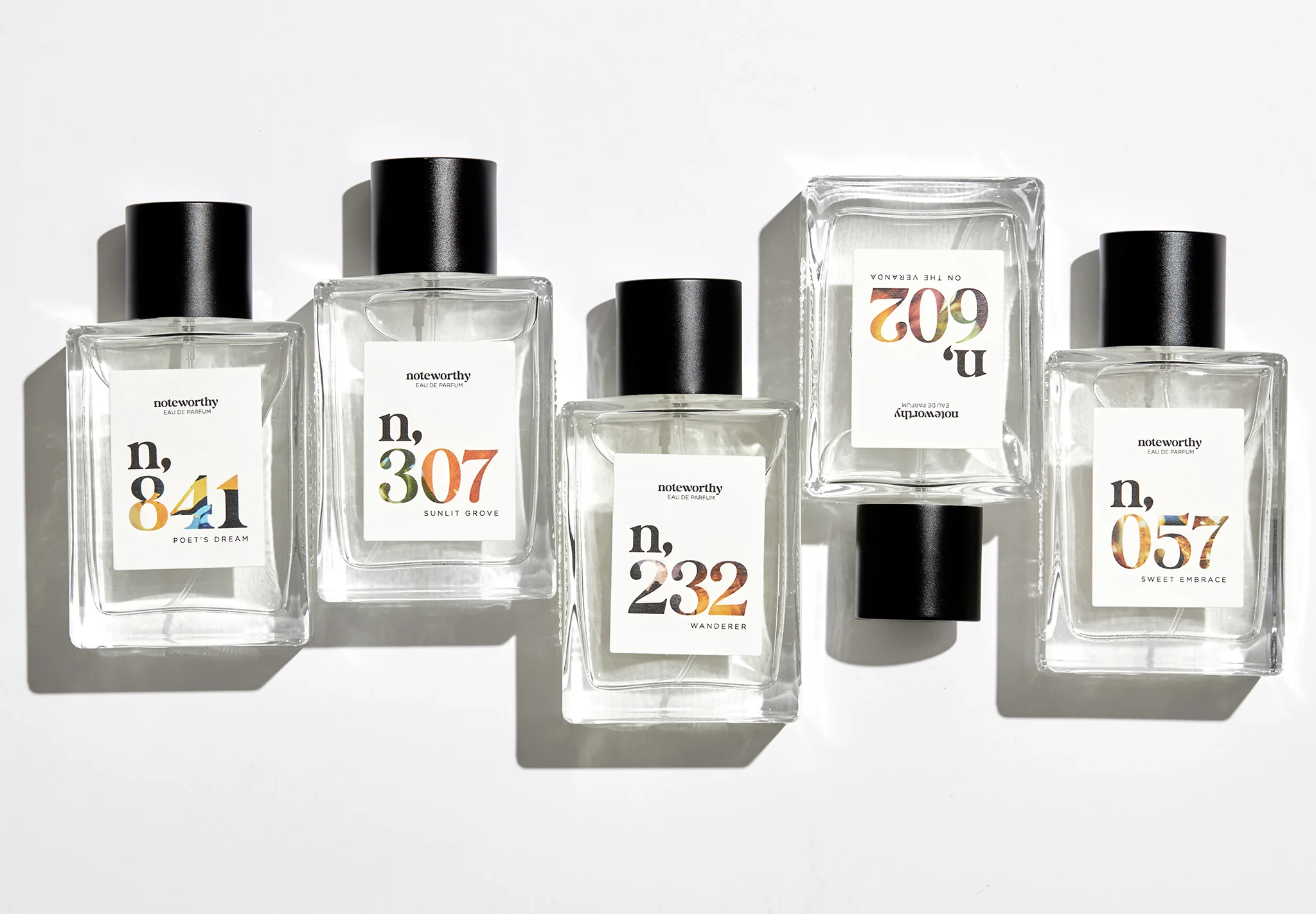
Chapman attributes the loss to “a lot of non-cash items” like stock compensation, but emphasizes, “from an EBITDA perspective and from a cash perspective, we are self-sustaining.” Although Proven Group is constantly evaluating funding prospects, he says, “We are profitable enough to invest in growth areas right now without needing to go raise funding.”

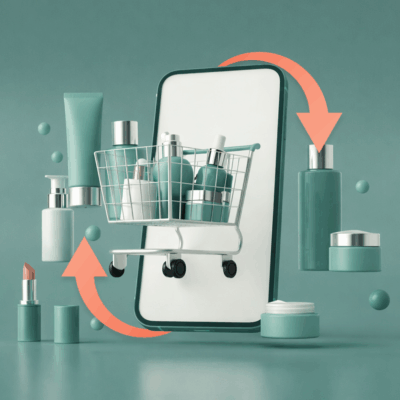
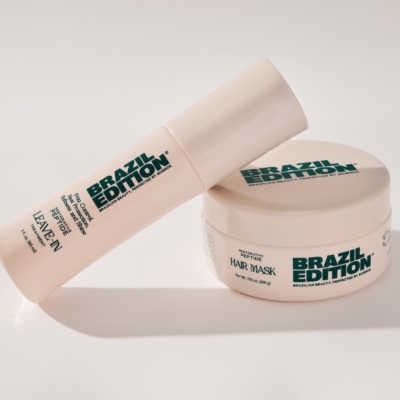
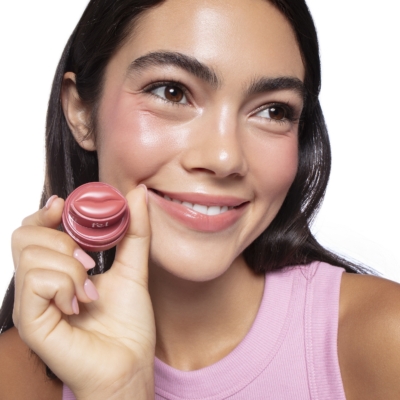
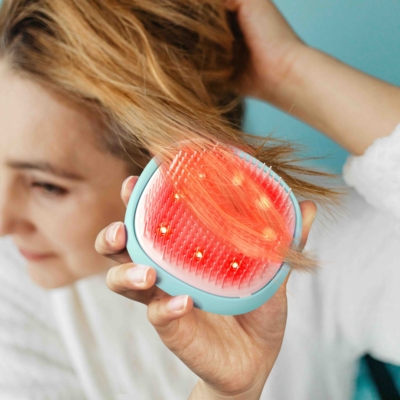
Leave a Reply
You must be logged in to post a comment.